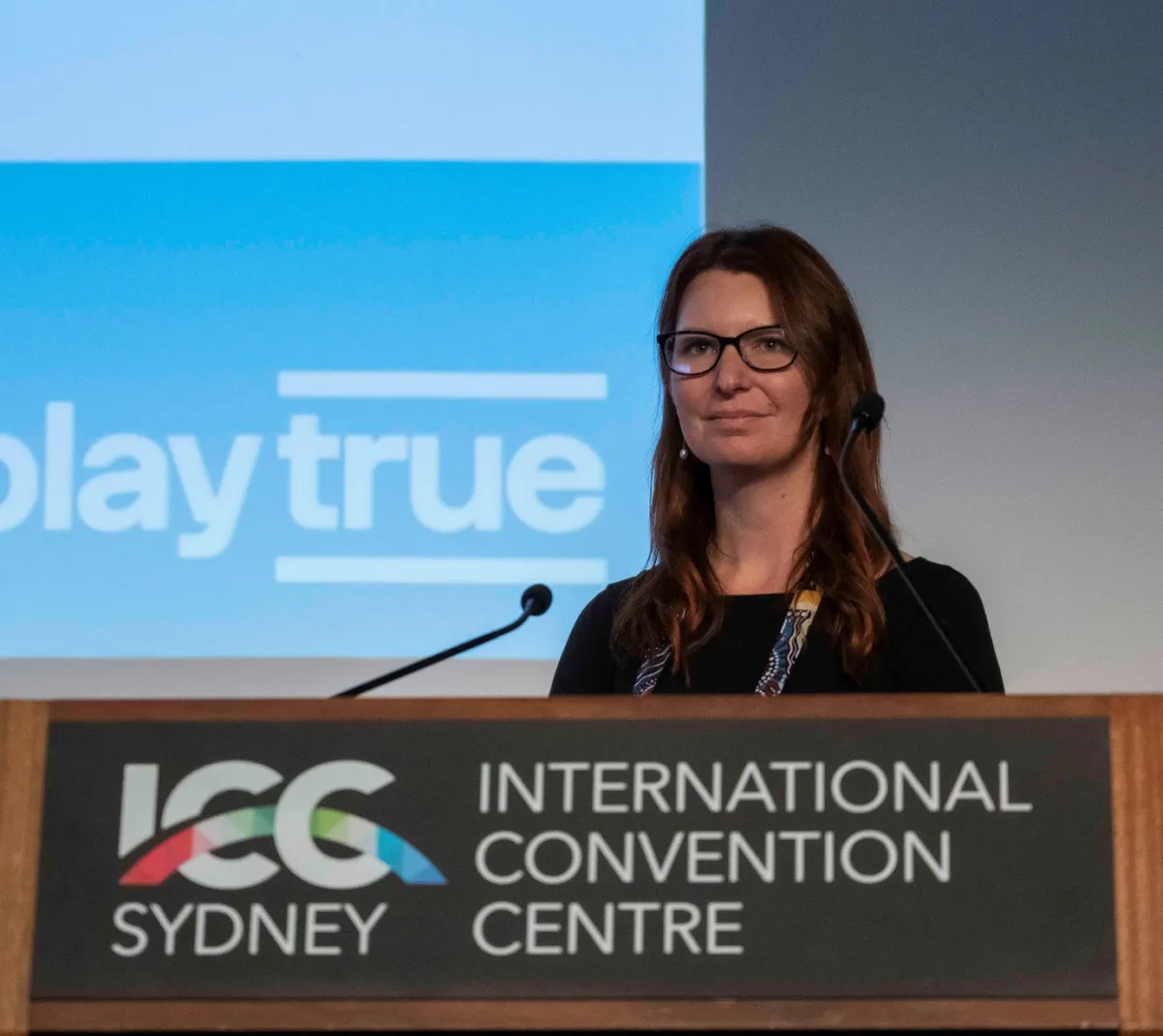
WADA Education Committee Appoints Sport Integrity Australia Director
Ms Cooper joins the 10-member Committee to provide advice, recommendations and guidance to WADA’s Leadership Team about education strategies, programs and social science research projects.
Check the full list of WADA committee members [PDF 185 KB].
“It is an honour to be appointed to the Committee and I look forward to working closely with my international colleagues in this space,” Ms Cooper said.
|
Our latest news, resources, podcasts, courses and webinars:
|
A who’s who in global anti-doping education
“The group is a really wonderful mix of people from across the clean sport community,” she said.
“I’ve been lucky to work with a number of the members before, though some more than others, so I’m excited to get to know everyone a lot better.”
The international Committee could well be considered a who’s who in global anti-doping education, with representatives of National Anti-Doping Organisations, International Federations, academia, athletes and other parts of the international sporting community.
Vacancies don’t come up very often making this appointment an incredible reflection on the value placed on Australian expertise.
Increased commitment to education by WADA
Ms Cooper has held the role of Director of Education for the past six years and in that time, she’s seen the increased commitment to education by WADA and the flow-on that has had on the global anti-doping community.
“One of the most significant changes they have made is setting a brand-new International Standard of Education (ISE) in 2021, which made education a mandatory, reportable part of every single anti-doping organisation’s program,” she said.
“Prior to the ISE, organisations who had limited resources might only focus on things like testing and sanctions, but this change put education on the map and made every organisation sit up and take notice of how important education was as part of an anti-doping program – not just an option or a ‘nice to have’.
“A key part of the ISE is embodiment of the philosophy that athletes start their sporting careers clean, but that something happens that leads some athletes to dope. With that in mind, our job as educators is to keep them clean and help them deal with vulnerabilities.
It’s a philosophy that challenges the idea that anti-doping agencies are just here to catch out athletes, and one I really believe in.
Through the advice and guidance provided by the Education Committee, WADA has been providing resources to help less-resourced anti-doping organisations fulfil their obligations under the ISE in addition to supporting the likes of Sport Integrity Australia through the provision of guidelines, advice and opportunities for collaboration.
“I think there is still some work to do in how the global community can support less-resourced anti-doping organisations in the education space, how we can harmonise the system and how we can disseminate social science research findings,” Ms Cooper said.
“So, I’m looking forward to discussions in that space, as well as any other curly topics that might come up over the next three years.”
Australian athletes benefit from global collaboration and harmonisation
Ms Cooper said such collaboration was a focus for her and the agency.
“Australian athletes benefit when the global anti-doping system is working in harmony, and everyone is being held to the same standards and receiving the same level of support. If an Australian athlete misses out on a medal to an athlete who has doped, it doesn’t matter whether the doping was deliberate or not,” she said.
“Education plays a critical role in preventing doping from occurring, so having a role in harmonising and coordinating efforts around the world in this space is enormously beneficial. It also gives us an opportunity to have our Australian sporting organisations and athletes’ voice at the table where decisions are being made which gives great opportunity to lead change and improvement.”
The quest for continual improvement
Australia has been achieving some great results in anti-doping education with innovative approaches to ensuring our athletes are well prepared and very aware of the dangers. These include the employment of athletes as educators, the free Sport Integrity App, a Virtual Reality education tool and Ethical Decision-Making program.
However, Ms Cooper said there’s always ways to improve.
“The great part of the global community is that we can all draw from each other’s strengths and ideas. New Zealand, the US and Denmark are just a few of the countries that are doing great work that we plan to adopt here in Australia.”
While the WADA Education Committee works specifically in the anti-doping space, there are still opportunities for collaboration with Committee colleagues in relation to the other integrity areas we work with here in Sport Integrity Australia.
“Interestingly, in the integrity space there are only a few other NADOs who also work on safeguarding and other threats, so in many ways we now need to work more closely with International Federations who are also tackling these broad integrity issues at the same time, so I look forward to picking the brains of my colleagues in sport-land in the near future.”
For more information about our educational resources, head to the Education page of the Sport Integrity Australia website.
- This story was also published in the December 2023 issue of Sport Integrity Matters magazine.